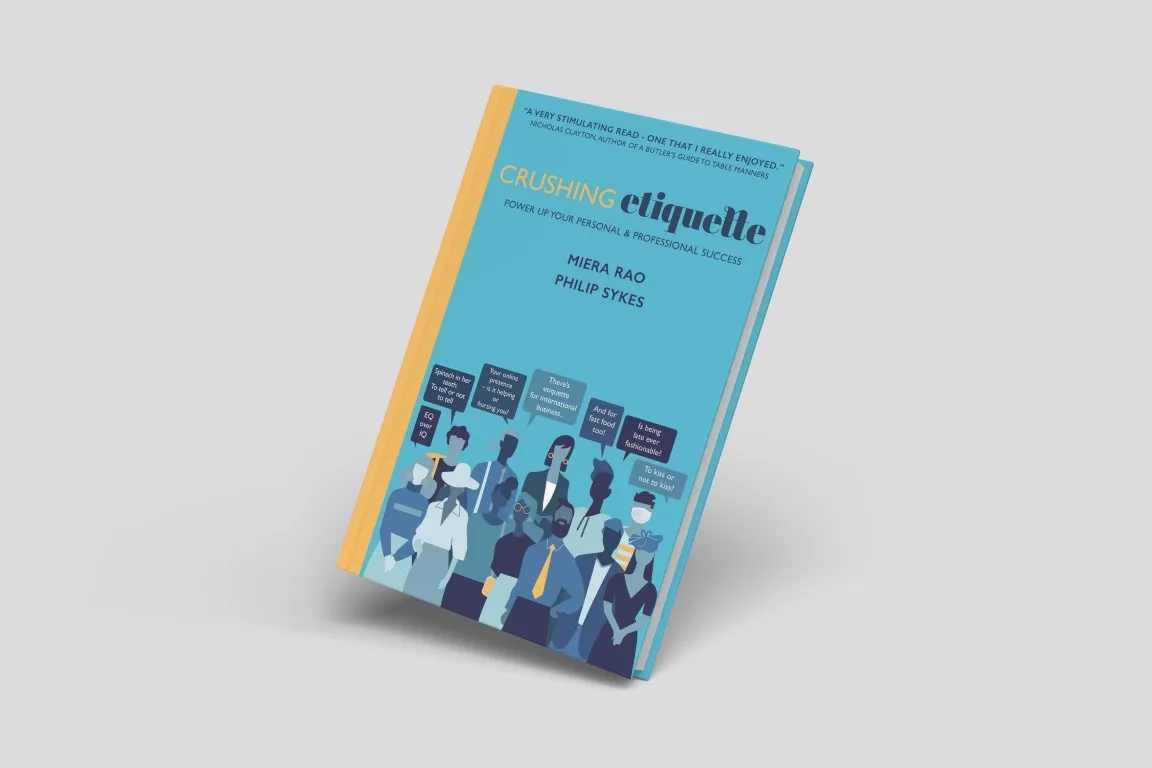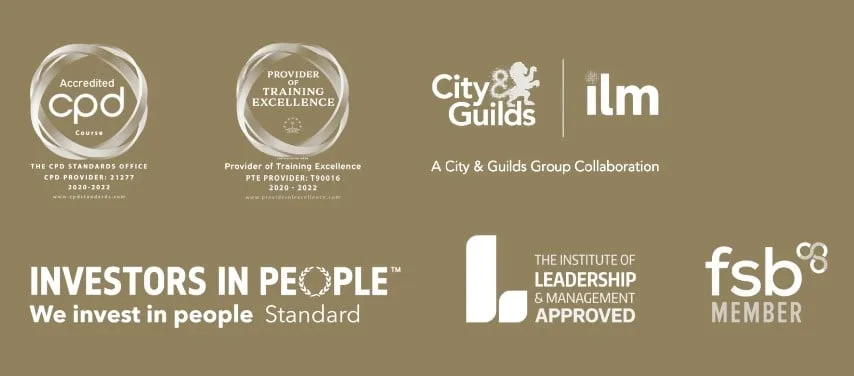How do you feel about small talk? Have you ever been to a networking event and spent the best part of the evening hovering by the buffet table because you felt unsure of how to strike up a conversation? Perhaps the thought of having to endure another dinner party struggling to find something new to say makes you break out in a cold sweat?
Maybe you fall into the camp that views small talk as a necessary evil that has to be endured before you can move the conversation onto a deeper level? Talking about the weather or the latest Netflix drama may seem like a waste of time but these small interactions can be the building blocks for deeper connections. Learning to embrace, and even enjoy, small talk can do wonders for your personal and professional life. Whether you are at a networking event, dinner party or on a first date, mastering the art of small talk will open up new opportunities and help you form authentic relationships.
In her book, The Fine Art of Small Talk, Debra Fine argues that when we avoid small talk and casual conversations with our neighbours, co-workers or even the check-out clerk at the supermarket, we minimise the number of deep conversations we get to have in the future. Even worse, not engaging in casual conversation can make us seem rude, cold or disinterested.
If you struggle with small talk because you are socially anxious or find it hard to think of things to say, here are some tips to help you grow in confidence.
- Adopt a growth mindset
Don’t worry if small talk doesn’t come naturally to you. With the right mindset, anyone can learn to be a good conversationalist. In particular, a growth mindset will help you step out of your comfort zone and stay motivated when you face challenges. People with a growth mindset believe that they can improve with practice whereas those with a fixed mindset think that a person’s traits and abilities are determined at birth.
2. Find opportunities to practice
Don’t sit around waiting for new people to come and talk to you. Instead, create opportunities to make small talk by actively approaching strangers. In his book The 7 Habits of Highly Effective People, Stephen Covey asserts that initiative is key to adopting new behaviours. Once you accept that you find small talk challenging, you can take responsibility for improving your skills and actively seek out opportunities to change your behaviour.
3. Be an active participant
Having a conversation can be likened to two people hitting a tennis ball back and forth. The serve is when you initiate the conversation and a good rally involves both parties contributing equally to the exchange.
The objective is not to outplay your conversational partner but rather to keep the ball going backwards and forwards. If you want to be a better conversationalist, you have to be a willing and active participant and not leave the work of maintaining the conversation to the other person.
4. Use body language to establish rapport
Use your body language throughout the conversation to show that you are interested and engaged. Visual cues are especially important when you are listening to the other person. Make eye contact, smile (unless the topic being discussed is of a serious or sombre nature) and stay focused on the speaker.
Try not to cross your arms or put your hands on your hips and avoid fidgeting or looking across the room to see what other people are doing. Show that you are listening by nodding, humming and asking elaborating questions.
5. Prepare some ice-breakers
Preparation is a key part of making small talk both easier and more enjoyable. It is natural to be nervous when starting a conversation and many people feel more comfortable if they have some go-to icebreakers up their sleeve. Here are a few suggestions:
- Use the situation, venue or event as your starting point. For example: “What brings you here today?” or “What did you think of the concert/play/lecture?”
- Pay the other person a compliment. For example: “I love your shoes. It is great to see someone wearing colour.”
- Find some common ground. For example: “I work in marketing too. How long have you been in the industry?”
6. Be an active listener
You might think that you are a good listener but in a conversation are you really concentrating on what the other person is saying or are you just waiting for an opportunity to speak? If someone is describing their recent holiday, it can be tempting to jump in with a vacation-related anecdote of your own as soon as they stop to take a breath.
Being an active listener means listening to understand rather than to respond. The next time you talk to someone, resist the impulse to turn the focus onto yourself. Instead, reflect on what is being said and ask relevant questions that invite the other person to expand on the topic.
7. Ask open-ended questions
Try to ask open-ended questions rather than close-ended questions that only require a ‘yes’ or ‘no’ answer. For instance instead of asking ‘do you like your job?’ you could say ‘ How did you get into your field of work?’ or ‘what do you like most about your job? ‘ People generally like talking about themselves but beware of asking questions that are too personal when you are still at the getting to know each other stage.
8. Steer clear of heavy topics
The point of small talk is to keep it light. Avoid sensitive and potentially controversial topics such as politics, religion or money. As well as discussing your surroundings, other good small talk topics include entertainment (TV shows, movies, books, plays etc.), art and culture, sports and travel. Here in the UK, the weather is a very popular small talk topic and while it may not seem like the most exciting conversation starter, it is definitely a safe subject when talking to new people.
9. Finish on a note of gratitude
If you’re new to small talk, ending a conversation can seem as tricky as starting it. Debra Fine suggests that when it is time to leave, you should thank the other person for their time, expertise or simply say how much you enjoyed talking to them.
Expressing gratitude will not only leave the other person feeling good about themselves, but also boosts the likelihood of building a long-term connection. If you would like to see the person again, you should say so and follow up with an email, text or phone call within the next day or two.
Our courses can help you improve your small talk and conversation skills. If you are interested in finding out more, contact us today at [email protected]










